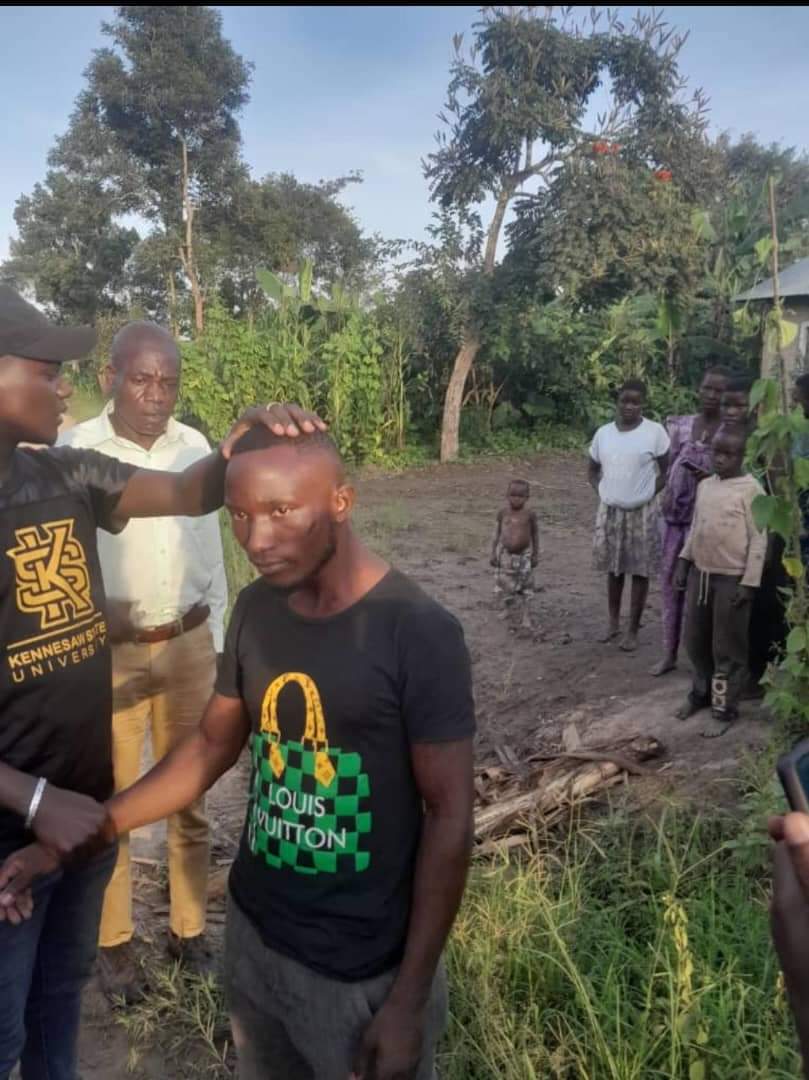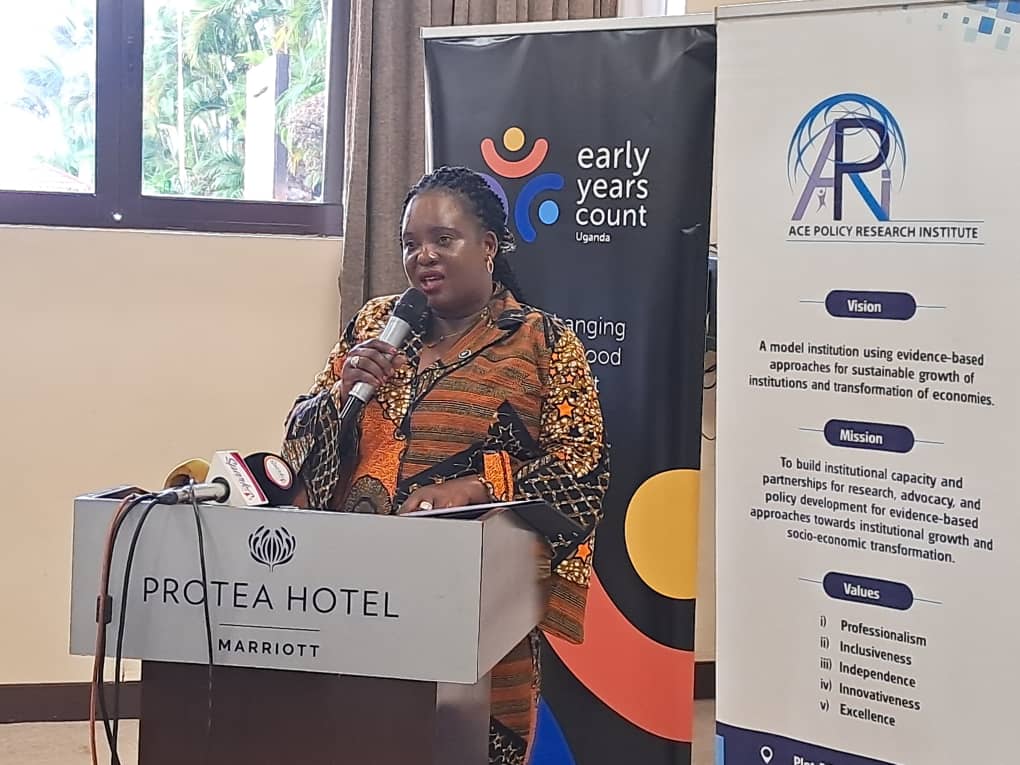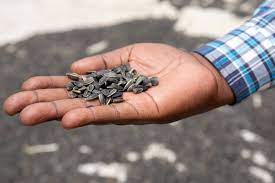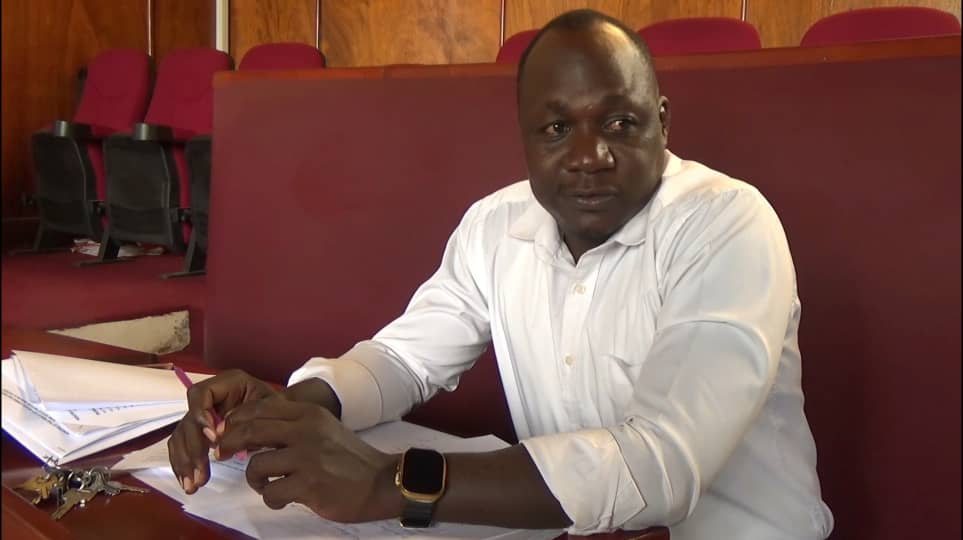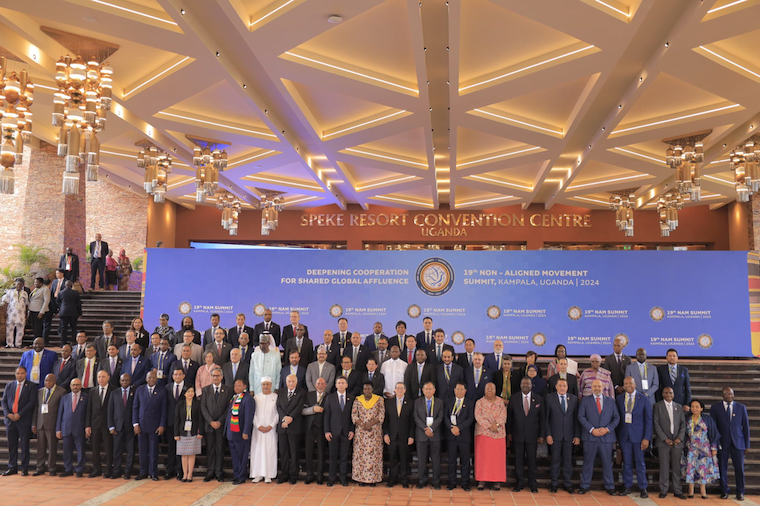Confronting the heatwave: Challenges and resilience in Kampala, East Africa

In response to the exigencies of the heatwave, Kampala must adopt a multifaceted approach encompassing short-term relief measures and long-term resilience-building strategies.
By Pascal Mugisha
Nestled in the heart of Uganda, Kampala faces an unprecedented heatwave, sparking a myriad of challenges for its residents and the surrounding metropolitan area.
This climatic anomaly stems from a complex interplay of synoptic climate features and human activities.
Kampala, situated near the equator, experiences heightened solar radiation compounded by the urban heat island effect fueled by rapid urbanisation and escalating greenhouse gas emissions.
Synoptic phenomena like the Indian Ocean Dipole (IOD) contribute to diminished rainfall and arid conditions across the region, exacerbating the heatwave.
El Niño-Southern Oscillation (ENSO) events, characterized by elevated sea surface temperatures in the equatorial Pacific Ocean, further intensify the heatwave by inducing drought and raising temperatures.
The Congo Air Boundary Layer (CABL), transporting warm, moisture-laden air from the Congo Basin, exacerbates heat and humidity levels in Kampala and the surrounding region.
Fluctuations in the North Atlantic Oscillation (NAO) and Southern Annular Mode (SAM) result in reduced cloud cover and heightened solar radiation, intensifying the heatwave.
Collectively, these synoptic features significantly contribute to the current heatwave in Kampala and East Africa, exacerbating heat and drought conditions while reducing cloud cover and increasing solar radiation levels.
The ramifications of this ongoing heatwave reverberate throughout Kampala's sprawling urban landscape and metropolitan area, presenting a multitude of socio-economic and environmental challenges.
Rising temperatures pose a threat to human health, escalating the risk of heat-related illnesses and straining healthcare infrastructure and resources.
Vulnerable populations are particularly susceptible to heat stress, necessitating immediate intervention measures to safeguard their well-being.
Additionally, the built environment bears the brunt of the heatwave, with escalating demand for cooling systems amplifying energy consumption and exacerbating greenhouse gas emissions, perpetuating the cycle of climate change.
In response to the exigencies of the heatwave, Kampala must adopt a multifaceted approach encompassing short-term relief measures and long-term resilience-building strategies.
Immediate interventions include public health campaigns to disseminate information on heat-related risks and promote adaptive behaviors, alongside the distribution of emergency supplies to alleviate immediate distress among vulnerable communities.
Strategically, investments in green infrastructure initiatives, such as urban greening projects and tree planting endeavors, offer sustainable solutions to mitigate the urban heat island effect and bolster natural cooling capacities.
Moreover, integrating climate considerations into urban planning frameworks facilitates the development of climate-resilient infrastructure, enhancing Kampala's ability to withstand future climatic perturbations and safeguard the well-being of its inhabitants.
In conclusion, Kampala's response to the prevailing heatwave underscores the urgency for coordinated action and forward-thinking strategies to navigate its impacts and fortify the city's resilience.
Through collaborative efforts and innovative solutions, Kampala can emerge from the crucible of the heatwave as a beacon of sustainable urban development, equipped to confront future climate challenges with resilience and foresight.
It is imperative to act swiftly as failure to do so may result in irreversible impacts of not only the current heatwave but also climate change as a whole.
_________________________________________
Mr Pascal Mugisha is supervisor for human settlement at Kampala Capital City Authority



